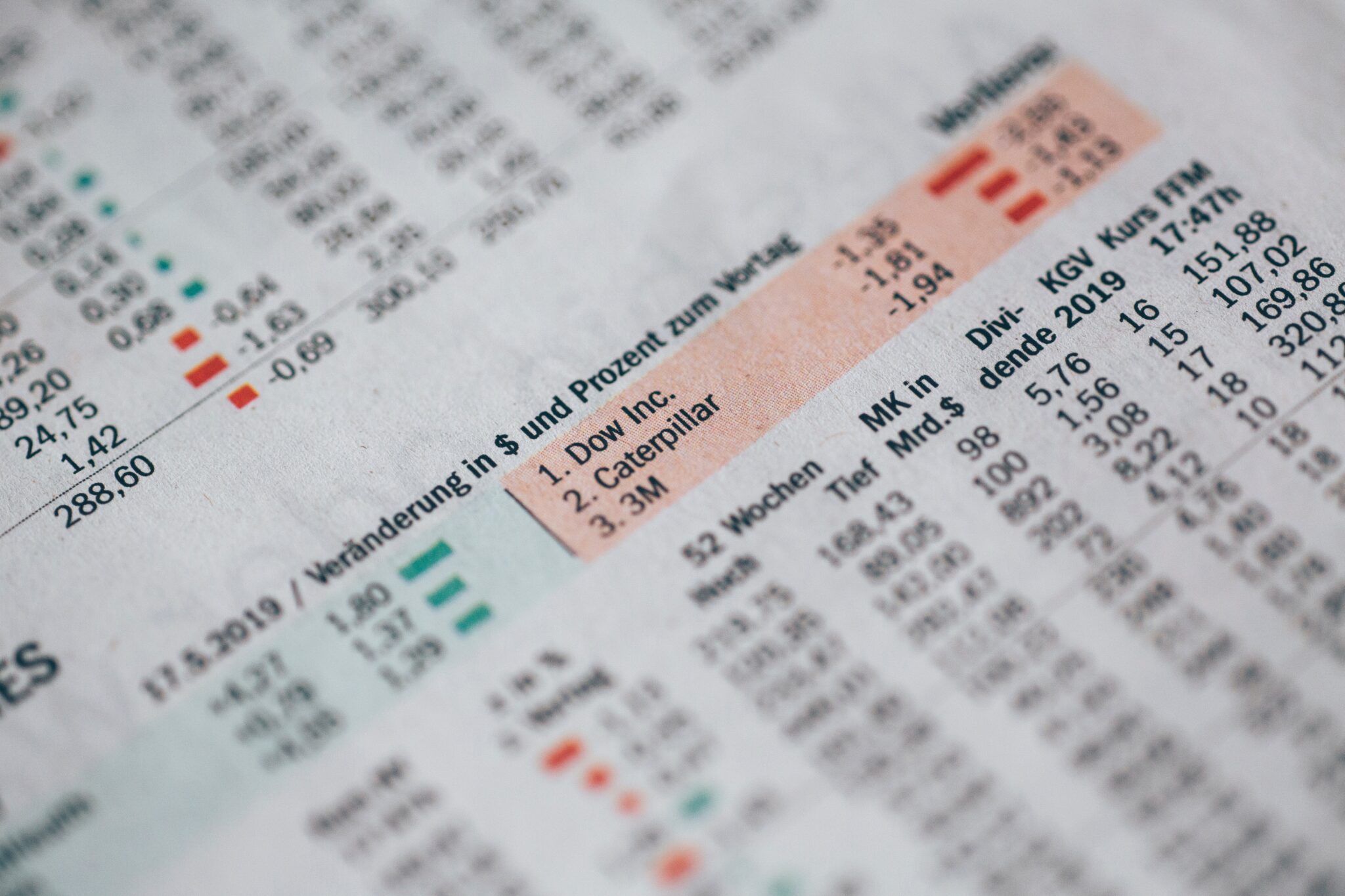

There are also numerous taxes associated with selling shares, called the capital gains tax. Stocks are often more volatile than real estate, which means that the value of your investment can fluctuate a lot very often.Īll investors in the market are not rational, and the high liquidity of the stocks means that it is very easy to panic sell, which means that you’ll end up taking a huge loss. However, stock investing has some disadvantages too. Stocks are highly liquid, meaning it is straightforward to sell off your shares in the stock exchange for cash if you suddenly need cash in hand.Īll these advantages make stock investing a desirable option for most beginner investors. It is also easier for you to buy several different stocks to diversify your investments and reduce your potential downside. You can usually get started with a small amount and then gradually scale up. One of the biggest advantages of stock investing is that it does not require huge amounts of capital. Both real estate and stock investing have their own advantages and disadvantages, which have been discussed below. The value of your property might also increase with time, resulting in capital appreciation. There are two sources of income in real estate investing, just like stock investing: you get rental income from the tenants. On the other hand, real estate investing refers to buying a piece of real estate and then renting it out to someone else. Stock investing has already been explained above as the process of investing in a variety of companies in the stock market. Two of the most preferred methods of investing are stocks and real estate. Dividends refer to your share of the company’s profits, which are paid out to all shareholders.Īt the same time, the stock price appreciates over time as the company grows, which means that the value of your investment will grow with it, leading to a capital appreciation of your investment. There are two ways to profit while investing in stocks: you can profit through dividends and capital appreciation. This is done by identifying companies with high growth potential, investing your money, and then waiting for the company to grow so that your investment grows with it. Stock investing refers to investing your money in various companies that are being publicly traded on the stock market. Of the two, stock investing is one that most people very commonly prefer. Some other options include real estate and stocks. That would require a large commitment on your part in terms of time and effort. You could choose to do a business on the side and invest your money into that.

There are several avenues for you to invest your money. The alternative to not keeping your money in the bank is to invest it. In summation, while it is a good idea to have some money in your bank account to deal with emergencies and extraordinary expenses, you’re losing money in the long term due to inflation. This means that your $100 in the bank can no longer buy you a bag of apples. This is because the economy as a whole experiences inflation every year, and there is a systematic increase in prices throughout the market. Next year, however, the price of this bag of apples will increase, say to $102. Suppose a bag of apples costs $100, then the purchasing power of this $100 is a bag of apples. To better understand inflation, you need to understand what purchasing power means. If you leave your money in your bank account, its value keeps reducing by the year because of something called inflation.
Stock investment guide pdf free#
NOTE: You can get the best free charts and broker for these strategies here.Ĭonsider a scenario wherein you have $100 left every week in your bank account after accounting for the taxes you pay and all other expenses. However, these can be broken down into 2 main categories, leaving your money in the bank and investing it.īoth these categories have been discussed below. “What is the best course of action to follow with regards to this money?” is a question several people ask themselves, and it involves considering several alternatives. Whatever your sources of income might be, it is quite likely that at the end of a month, you have quite a bit of money just sitting in your bank account. Secondary income could come from other sources such as rental income from properties you own, freelance income, or money you might earn through a YouTube channel. Primary income usually comes from a job or a business that you run. Most people have several sources of income, both primary and secondary.


 0 kommentar(er)
0 kommentar(er)
